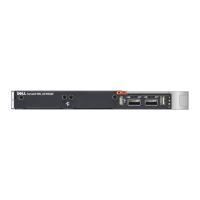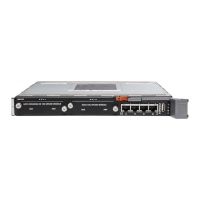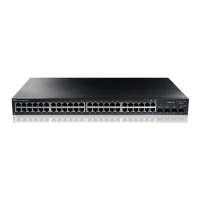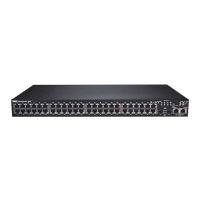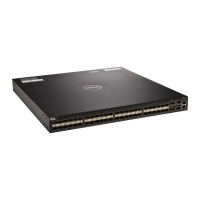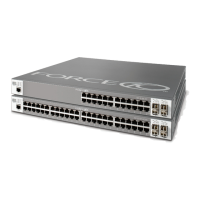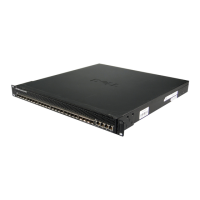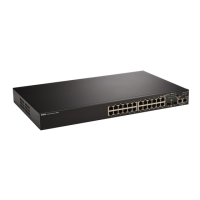Related
Commands
deny — Configures a filter to drop packets.
permit — Configures a filter to forward packets.
permit udp
Configure a filter to pass UDP packets meeting the filter criteria.
Syntax
permit udp {source address mask | any | host ipv6-address}
[operator port [port]] {destination address | any | host ipv6-
address} [operator port [port]] [count [byte]] [log [interval
minutes] [threshold-in-msgs [count]][monitor]
To remove this filter, you have two choices:
• Use the no seq sequence-number command if you know the filter’s
sequence number.
• Use the no permit udp {source address mask | any | host ipv6-
address} {destination address | any | host ipv6-address}
command.
Parameters
source address Enter the IPv6 address of the network or host from which the
packets were sent in the x:x:x:x::x format followed by the
prefix length in the /x format. The range is /0 to /128. The ::
notation specifies successive hexadecimal fields of zero.
mask Enter a network mask in /prefix format (/x).
any Enter the keyword any to specify that all routes are subject
to the filter.
host ipv6-
address
Enter the keyword host followed by the IPv6 address of the
host in the x:x:x:x::x format. The :: notation specifies
successive hexadecimal fields of zero.
operator (OPTIONAL) Enter one of the following logical operand:
• eq = equal to
• neq = not equal to
• gt = greater than
• lt = less than
• range = inclusive range of ports (you must specify two
port for the port parameter.)
port port (OPTIONAL) Enter the application layer port number. Enter
two port numbers if using the range logical operand. The
range is 0 to 65535.
Access Control Lists (ACL)
269
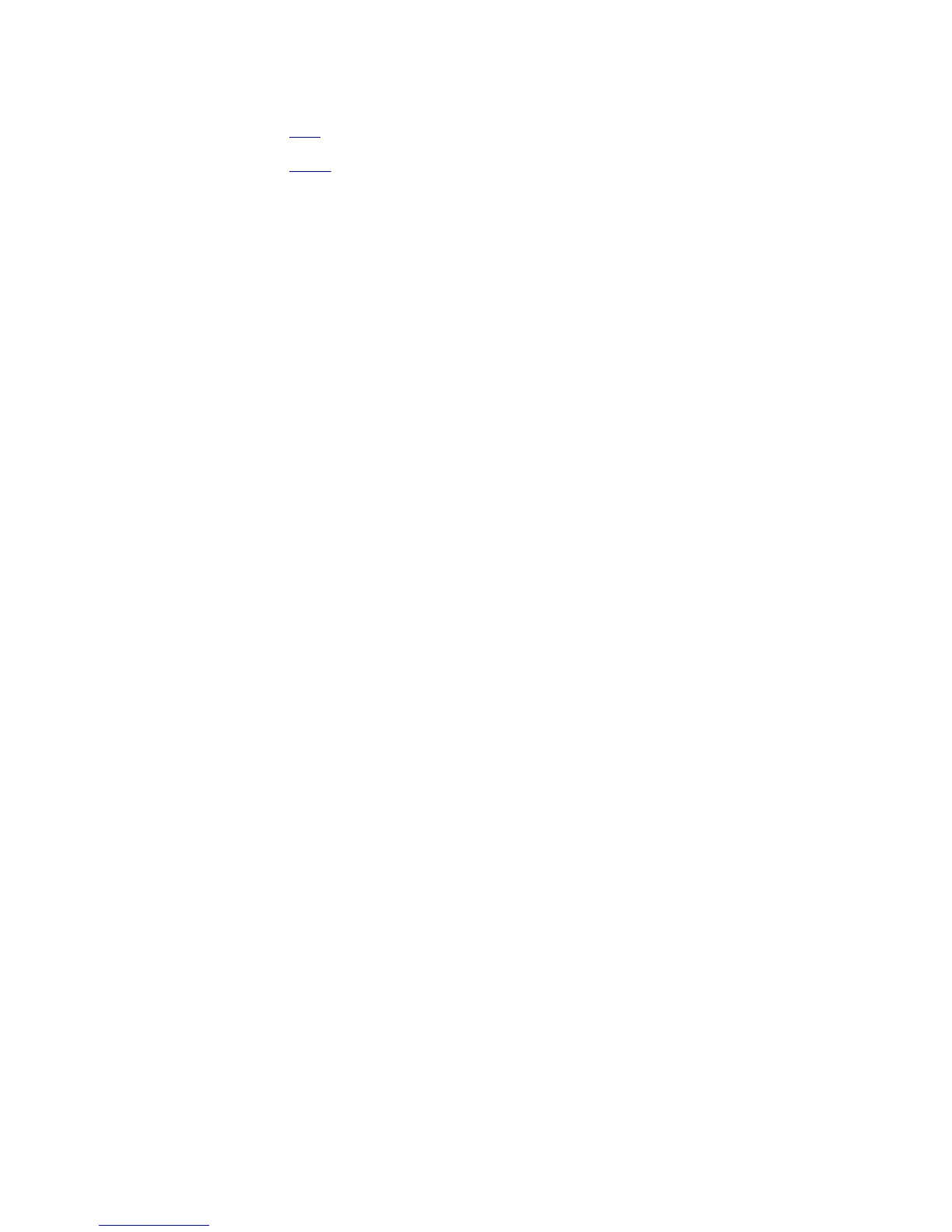